- By Admin
Farming, Moroccans and the Author of ‘Azalea and I – On the Road’
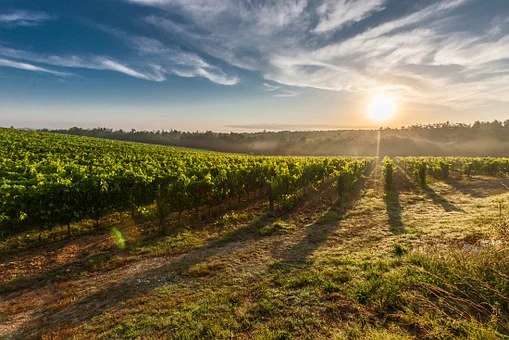
Our latest message, “Farming, Moroccans and the Author of Azalea and I – On the Road” continues the story of our author, Roberta, and her life, times and travels across Europe. It is easy to see where the inspiration comes for the adventures that take place in her novel, Azalea and I. What is so exciting – there are so many personal inspirational experiences, we are sure to see the continuing adventures of her characters in the first book far into the future.
Farming, Moroccans and a step in the right direction.
The clocks have gone back which I find very depressing, so it is nice to think of warmer climes.
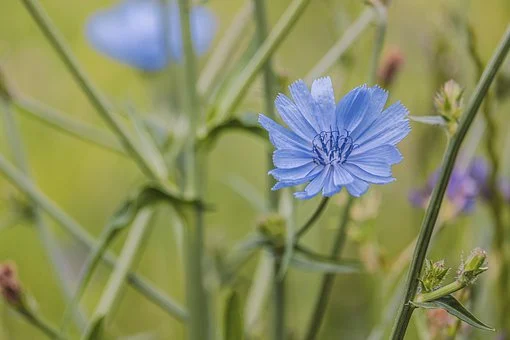
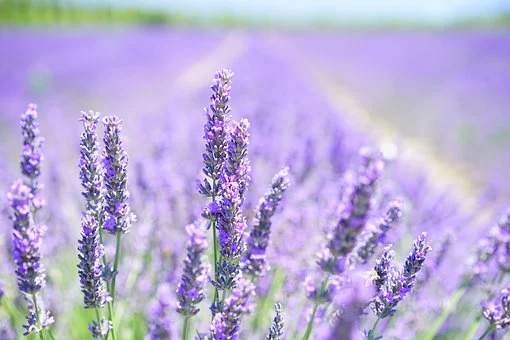
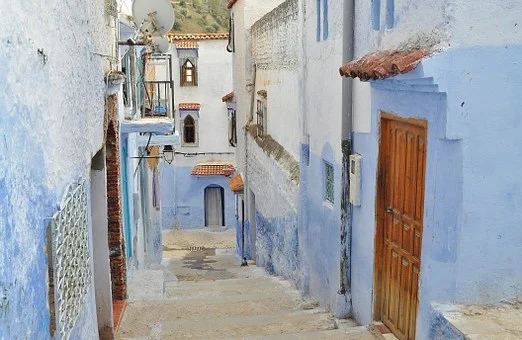
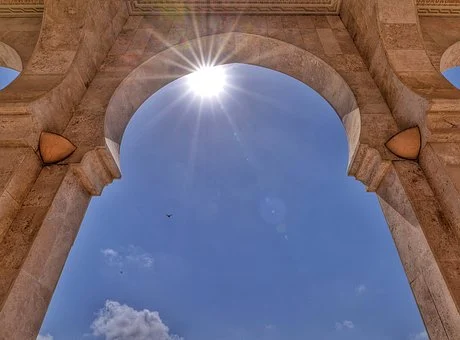
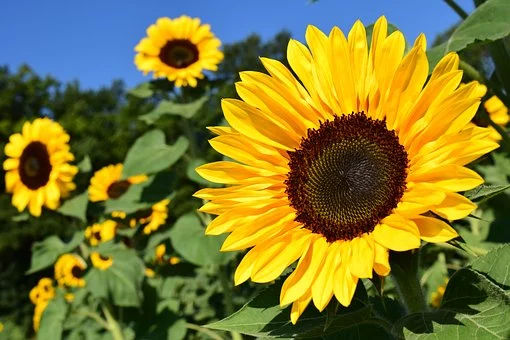
When the rabbits were replaced by an organic farm it was a step in the right direction. Out went all the cages and paraphernalia and in came the sacks of fertiliser, plants, herbs, seeds and anything else needed. I forget exactly what now, but it was as well re-searched as the rabbits – so the mood was hesitant. After a lot of preparation for rabbits, to fail so spectacularly, was disheartening.
At least plants gave more pleasure to me. They might get eaten but it was entirely different from sending poor little bunnies to their death. A step in the right direction.
We spent hours preparing the ground which in the heat of mid-summer was no mean feat. The diggers were my friend the owner of the finca, and myself.
Digging was followed by fertilising, watering, planting and more watering. Around the finca there was over an acre, so we had to do things little by little. It was a time where money was going out and none coming in.
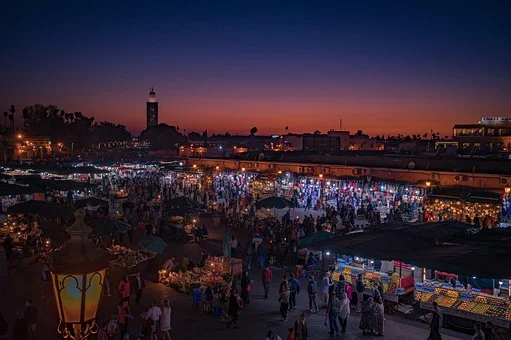
I had to find a job back in the real world and found some in a cafe run by an ex pat. Some ex pats did really well and others like me clung on by fingertips. We all tended to come and go. Sometimes it took only months and others managed ten years or more. I stayed for two. I didn’t want to return to the UK, but life took me back.
I took my turns watering the plants and one evening after such a session when it was dark, I saw a lot of lights across the road in the opposite field. Some were powerful arc lights, others moved around and huge trucks started coming into the field. The whole area was glowing and seething with people. Moroccans.
I called my friend. I was told the field that we had watched being ploughed up then planted and fertilised, was now being stripped bare overnight. There were dozens of Moroccans working by hand, moving around with headlamps on. The trucks lined up to be filled and set off one by one. To – guess where – the UK.
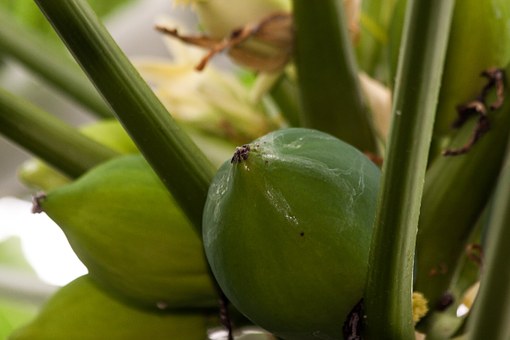
We were constantly approached by the workers for water but after several hours of this we filled some containers and took them across to the field to leave till morning. Either bad planning on someone’s part – the lack of water – or curiosity and the hope of free food by the Moroccans. The finca had a very high fence around it so it was secure.
By morning the field was bare. By afternoon a large tractor with implements came, again ploughing up the field and fertilising. A few days later the next crop was planted. The process was done three times during the year. All different crops.
The following year there were crops of cotton in half the fields and melons in others. The melons were left to rot. Apparently, farmers were paid to plant and leave the melon mountain. We didn’t bother buying melons from the shops as we just strolled into a field and helped ourselves. What a waste. Our crops were organic and for the home market – restaurants and local shops so it was a quality market. We hoped. Time would tell.”


